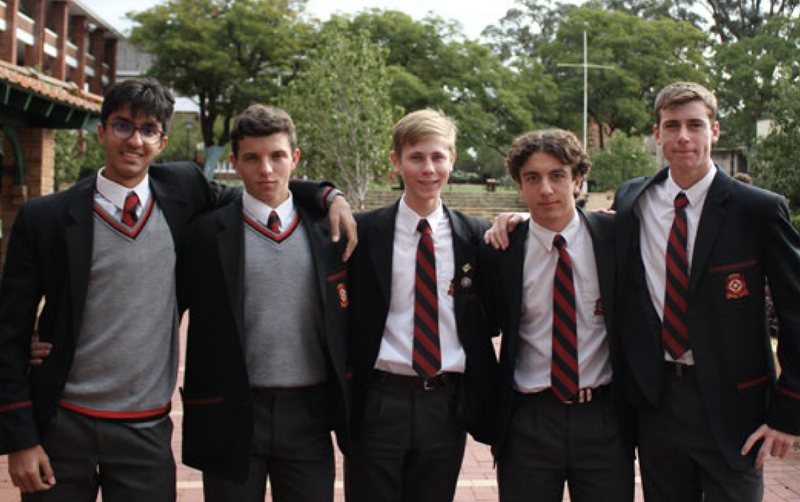Contact

The uniPATH IPQ course has been an intriguing and insightful experience so far.
The experience began during the final weeks of Term 4 2020, where the full uniPATH cohort travelled to the University of Notre Dame Australia (UNDA) Campus on a Friday to undertake a Research Skills and Methods class. In this class, we learned about many of the fundamental skills useful in the research and construction of a report. This included ideas such as the Ebbinghaus Forgetting Curve and the need to take notes on sources, authoritative and non-authoritative sources and how to distinguish between them, and how to use text strings to find relevant sources using an online database. To put these skills to the test, our final assessment was a report on an aspect of one of the United Nation’s Sustainable Goals. My report centred around Sustainable Goal Seven, which is to “ensure access to affordable, reliable, sustainable and modern energy for all”. I chose to focus my topic on solar microgrids, which are a system of solar panels installed around a region, where electricity can be traded amongst its residents. This technology experimentally used in developing nations to provide clean and affordable energy. I enjoyed the research thoroughly, as I love to learn about engineering and its application to solving problems such as this. Overall, the experience with UNDA and their Research Skills and Methods course was informative and very obviously applicable to future university courses that I will embark on.
After this, the uniPATH group split into a Cambridge IPQ group, consisting of Ashton Teixeira, Rourke Barlow, Seth Hambley, Zayn Buhkari and myself and a LOGOS group. On a Friday, we go to the University of Western Australia (UWA) Crawley campus, where we work with mentors there to write a 5000-word research report which we submit to Cambridge by the end of the year. The topic is open to your own choosing, which allows us to engage in something we are passionate about. The question I formed during Term One ‘is our technology advanced enough to create a probe capable of interstellar travel?’ has me specifically looking at propulsion methods and fuel types, telecommunications, automation of the probe, and the ability to gather electrical power. I will also consider other critical challenges, such as time. Our ability to travel freely to the UWA on a Friday not only helps us with our research projects but also allows us to engage with the facilities there to assist us with our school work. Through the course we are given the freedom, not only to pursue what we are passionate about but also to excel inside of the classroom. This is what makes the experience great.


